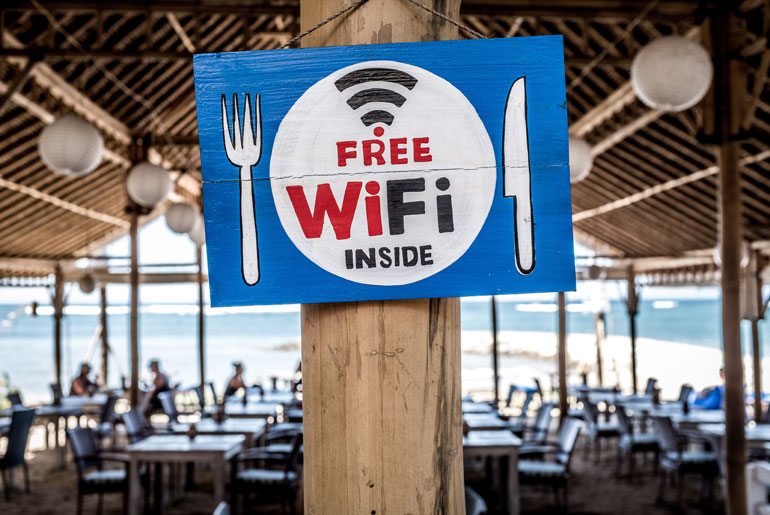The internet is fast becoming a dangerous place, filled with malware, online scams, hacks and more. Coupled with our increasing online and digital activities (no thanks in part to our new normal), it becomes increasingly clear that we have to start taking our online safety and security more seriously.
Thankfully, doing so is not that difficult. All that’s needed is little common sense, coupled with a few sensible steps we can take to reduce our risks to online threats.
Here are some simple tips you can do right away to get you started.
1. Create a strong password
Creating a strong password should be first on your list when it comes to securing your online safety. It is, after all, your first line of defense against hackers and other malicious characters online.
Make sure your passwords use a combination of upper and lower case letters, numbers and special characters. Google suggests passwords that are unique, long, and memorable; And to avoid personal information and common words. Do not use the same passwords for different accounts.
If you use Chrome’s built-in password manager, it has a nifty feature that tells you which of your passwords are compromised.
2. Use two-factor authentication or authenticator apps for added security
When available, always use two factor authentication to add another layer of security to your accounts. How this works is that you will be asked to input a random six digit code that’s sent to your mobile number or email for each login attempt. This prevents other people from accessing your accounts, even if they have your password.
Another option is using authenticator apps. These generates time-based codes (usually six digits) that are used during the two step verification process. You can check out Google Authenticator and Microsoft Authenticator to get you started.
3. Practice safe browsing habits
Common sense goes a long way to improving your safety and security online. And practicing safe browsing habits is one them.
Here’s a short list of things you should never do or avoid:
- Never click on dubious links on websites or emails, even if you do know the person.
- Don’t go to suspicious sites. You wouldn’t willing go to dangerous places in real life, so why would you go to digital version of dangerous places.
- Never give your passwords to other people. Remember, banks and other institutions will never ask for your password.
- Be wary of scams. If its too good to be true, then it probably is.
- Think before you post anything. What goes to the internet, stays on the internet… forever.

4. Avoid public Wi-Fi hotspots
Public Wi-Fi hotspots are dangerous, risky and often not secure. The biggest threat you can face here are hackers. With the right tools, they can intercept your data as it races across the web.
But if you really have to use public Wi-Fi, be sure to practice safe browsing habits, or you can…
5. Use a VPN
A VPN encrypts your data as it travels across the web, ensuring that your online activities are kept private. While its generally safe to not use one when you’re at home, its highly recommended when you’re out and about (and using public Wi-Fi).
Take note that good VPNs come with a cost. But there are free ones out there.
As a bonus, some VPNs (usually paid ones) let you spoof your location, allowing you access to previously unavailable Netflix content from other countries.
Image Credit: Unsplash





